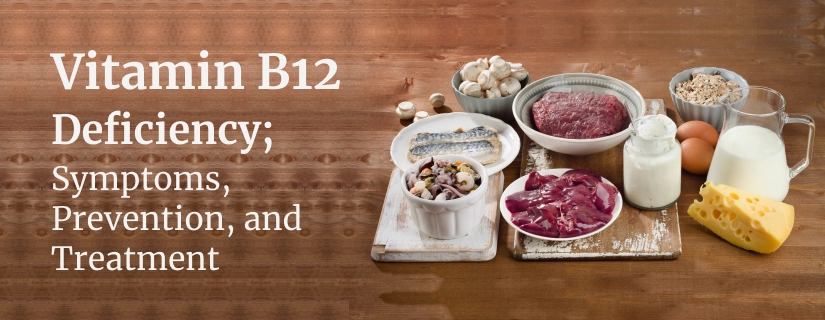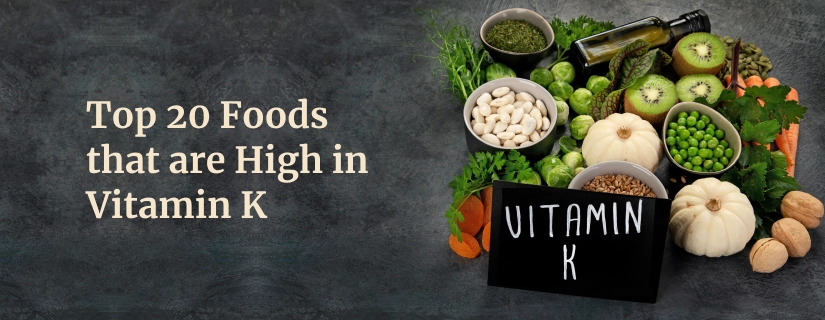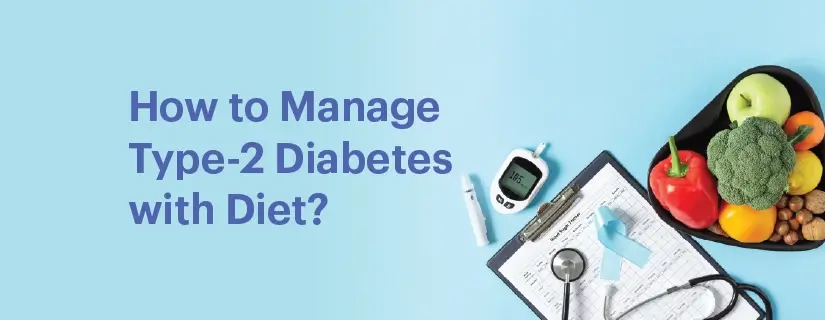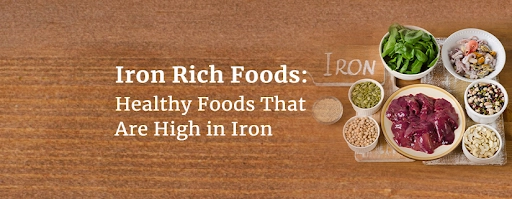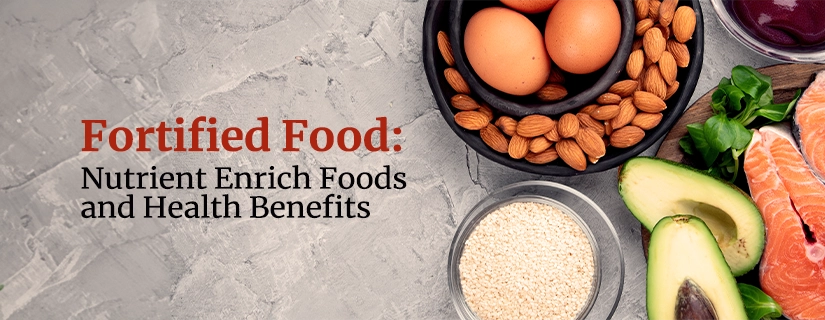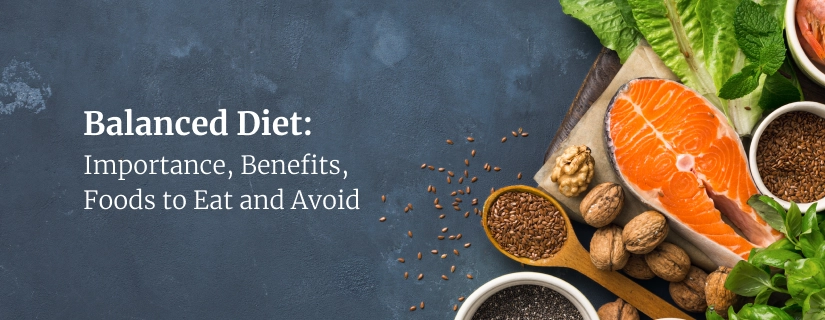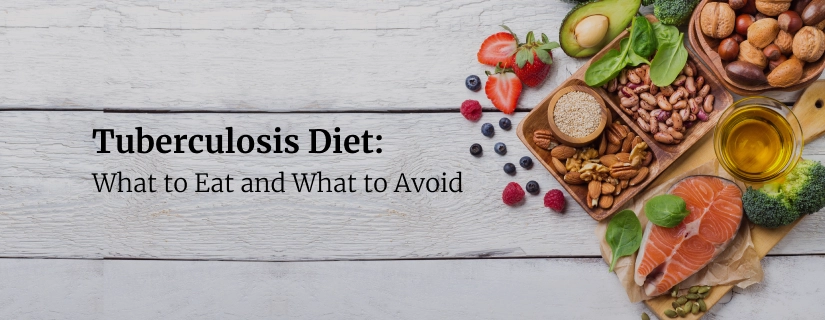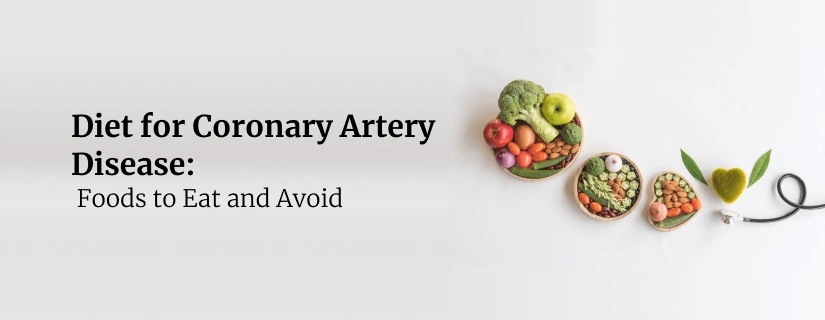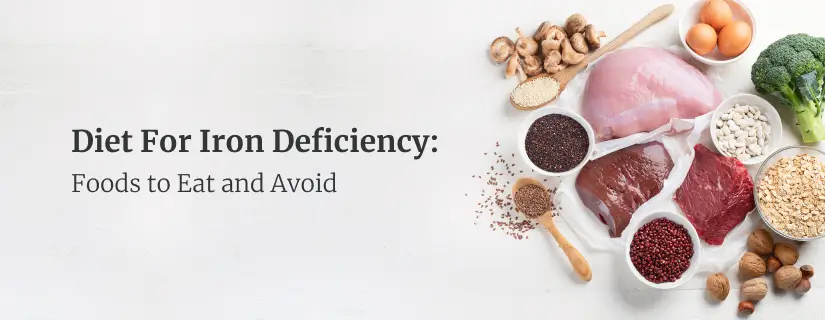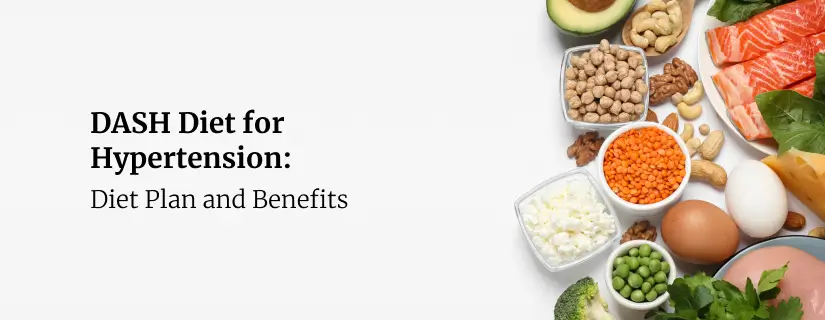-
Doctors
-
Specialities & Treatments
Centre of Excellence
Specialties
Treatments and Procedures
Hospitals & Directions HyderabadCARE Hospitals, Banjara Hills CARE Outpatient Centre, Banjara Hills CARE Hospitals, HITEC City CARE Hospitals, Nampally Gurunanak CARE Hospitals, Musheerabad CARE Hospitals Outpatient Centre, HITEC City CARE Hospitals, Malakpet
HyderabadCARE Hospitals, Banjara Hills CARE Outpatient Centre, Banjara Hills CARE Hospitals, HITEC City CARE Hospitals, Nampally Gurunanak CARE Hospitals, Musheerabad CARE Hospitals Outpatient Centre, HITEC City CARE Hospitals, Malakpet Raipur
Raipur
 Bhubaneswar
Bhubaneswar Visakhapatnam
Visakhapatnam
 Nagpur
Nagpur
 Indore
Indore
 Chh. Sambhajinagar
Chh. SambhajinagarClinics & Medical Centers
Book an AppointmentContact Us
Online Lab Reports
Book an Appointment
Consult Super-Specialist Doctors at CARE Hospitals
How Much Protein in an Egg?
Updated on 28 March 2024

Proteins are made up of smaller molecules called amino acids, which are essential for cell control, operation, and morphology. Therefore, amino acids aid in the development and maintenance of bodily structures. Eggs are the best source of proteins and other essential vitamins and minerals. Each egg usually contains 4–7 grams (g) of protein, depending on size.
There is a lot of protein in eggs with the nine essential amino acids that the body needs to get from food because it cannot produce them on its own. In this blog, we have discussed the advantages of eating eggs for your health, in addition to the amount of protein available in one egg.
How Much Protein Does One Egg Contain?
An average egg contains 6-7 grams of protein. However, the size of the egg determines the protein content. Here is an overview of the protein content depending on the size of the egg:
|
Size of the Eggs |
Weight of the Eggs |
Protein Content |
|
Small Egg |
38 grams |
4.79 grams |
|
Medium Egg |
44 grams |
5.54 grams |
|
Large Egg |
50 grams |
6.3 grams |
|
Extra Large Egg |
56 grams |
7.06 grams |
|
Jumbo Egg |
63 grams |
7.94 grams |
What is the Protein Content of the Yolk and White?
While both components contain protein, their content, composition, and nutritional value differ significantly.
- Protein in Egg Yolk: Egg yolks are the part where most nutrients, including protein, are found. In a large egg, the protein content is 6.3 grams, and 2.7 grams of protein comes from egg yolks. However, in an extra-large egg that has 7.06 grams of protein, you only have 3.46 grams of protein.
- Protein in Egg White: Egg white is made up mostly of water (approximately 88%), with 150 different kinds of protein in it. So, if we calculate, a raw egg white of 33 grams has 3.6 grams of protein.
Now, that was raw egg protein content. If we talk about boiled eggs, how much protein do they contain? One boiled egg contains about 6 grams of protein, providing essential amino acids for muscle repair and growth.
So, as a comparison, both egg yolk and white have protein, but egg white has more protein than yolks.
10 Health Benefits of Eggs
Eggs are nutrient-dense and offer a range of health benefits. Here are ten health benefits of eggs:
1. High-Quality Protein: Proteins are building blocks of life and are required for strength and muscle and tissue repair. Eggs are an excellent source of high-quality protein, containing all nine essential amino acids needed for muscle repair and building.
2. Brain Health: Eggs contain choline, a nutrient that supports brain development and function. Choline is essential for memory, mood, and muscle control and is particularly important for pregnant and breastfeeding women.
3. Eye Health: Eggs contain several vitamins and minerals, including vitamins A and E, selenium, lutein, and zeaxanthin. They play a vital role in maintaining eye health by reducing the risk of cataracts and macular degeneration - common causes of vision impairment and blindness.
4. Heart Health: Recent studies suggest that moderate egg consumption does not significantly impact heart disease risk in healthy individuals. Eggs may also improve lipid profiles by increasing HDL, also known as good cholesterol.
5. Weight Management: The high protein content in eggs can increase satiety and reduce hunger, thus helping with weight management and boosting metabolism. Hence, doctors recommend eating eggs for breakfast, as it has shown less feelings of hunger when compared to eating cereals.
6. Nutrient-Rich: Eggs contain several essential vitamins and minerals, including vitamin B12, D, iodine, and selenium. These nutrients support various bodily functions, from energy production to thyroid health. An average serving of 2 eggs contains:
- 50% of folate
- 40% of selenium
- 82% of vitamin D
- 25% of riboflavin (Vitamin B2)
In addition, eggs also contain vitamins A, E, B12, and B5 and iron, iodine, and phosphorus that help support your healthy everyday diet.
7. Enhance Skin Health: Eggs contain vitamins A and E and selenium, all antioxidants that help protect the skin from UV damage, promote wound healing, and support skin health.
8. Aid in Healthy Pregnancy: Eggs also contain choline, which is crucial for normal brain development and spinal cord function in fetuses. Adequate choline intake can reduce the risk of neural tube defects during pregnancy.
9. Boost Immune Support: Vitamins A and D and selenium in eggs support the immune system. These nutrients help protect against infections by ensuring the proper function of the immune response.
10. Regulate Bone Health: Eggs are a source of vitamin D, which is essential for calcium absorption and bone health. Regular consumption can help prevent osteoporosis and bone weakness. Eggs also contain zinc that contributes to synthesizing collagen - a protein essential that helps maintain bone structure and density.
Conclusion
Eggs are nutritious and rich in high-quality protein, vitamin D, B vitamins, selenium, and choline. A single egg contains 6 grams of protein, offering antioxidants like lutein and zeaxanthin for eye health and choline for brain function. Recent research shows dietary cholesterol in eggs minimally affects blood cholesterol, making them safe in moderation.
Generally, up to one egg daily is healthy for most, but those with specific health conditions should seek personalized advice.
FAQs
Q1. Are two eggs enough protein for a day?
Ans. Adults typically need at least 0.8 grams of protein per kilogram of body weight daily. Hence, consuming just two eggs daily provides approximately 12 to 13 grams of protein, which is usually insufficient for an adult's daily requirement.
Q2. How many eggs make 100g of protein?
Ans. One large egg has about 6 grams of protein. To reach 100 grams of protein, you must consume approximately 16 to 17 eggs, considering the slight variations in egg sizes and protein content.
Q3. Can I eat ten eggs in a day?
Ans. Eating ten eggs a day is possible but not recommended for everyone due to the high cholesterol content and potential dietary imbalances. Considering overall diet, cholesterol levels, and individual health conditions is essential. Also, it is advisable to contact your doctor to seek advice.

ENQUIRY FORM
SELECT CATEGORIES
-
Neurosciences (16)
-
Neurology (37)
-
Neurosurgery (14)
-
Orthopaedics (48)
-
Oncology (33)
-
Obstetrics and gynecology (51)
-
Pulmonology (23)
-
Urology (20)
-
Nephrology (13)
-
Psychiatry (7)
-
Dietetics and Nutrition (111)
-
General Medicine (63)
-
Cardiac Sciences (30)
-
Vascular & Endovascular Surgery and Interventional Radiology (10)
-
Gastroenterology (46)
-
Endocrinology (23)
-
Plastic Surgery (10)
-
Critical Care Medicine (5)
-
COVID-19 (16)
-
Dermatology (16)
-
Emergency Care (1)
-
Ophthalmology (4)
-
Pediatrics (14)
-
Laparoscopic and Bariatric Surgery (8)
-
ENT (15)
-
Kidney Transplant (1)
-
Liver Transplantation and Hepatobiliary Surgery (5)
-
General Surgery (3)
-
Internal Medicine (5)
-
Medicine Information
15 High Rich Protein Foods for a Healthy Diet
12 Health Benefits of Sprouts and its Nutritional Value
YOU MAY ALSO LIKE
RECENT BLOGS
-

Direct Anterior Approach in Total Hip Replacement: Advantages and Challenges
10 April 2025
Read More
-

Zinc Deficiency: Signs and Symptoms, Causes, Treatment
9 April 2025
Read More
-

Chest Pain When Coughing: Causes, Treatment and Home Remedies
9 April 2025
Read More
-

12 Health Benefits of Eating Mushrooms
8 April 2025
Read More
-

7 Health Benefits of Blood Donation You Should Know About
8 April 2025
Read More
-

Implantation Bleeding Vs Periods: Know the Difference
28 February 2025
Read More
-

Bloating During Ovulation: Symptoms, Causes and Remedies
28 February 2025
Read More
-

Itching During Dengue: Causes, Treatment and Home Remedies
18 February 2025
Read More
Have a Question?
If you cannot find answers to your queries, please fill out the enquiry form or call the number below. We will contact you shortly.










